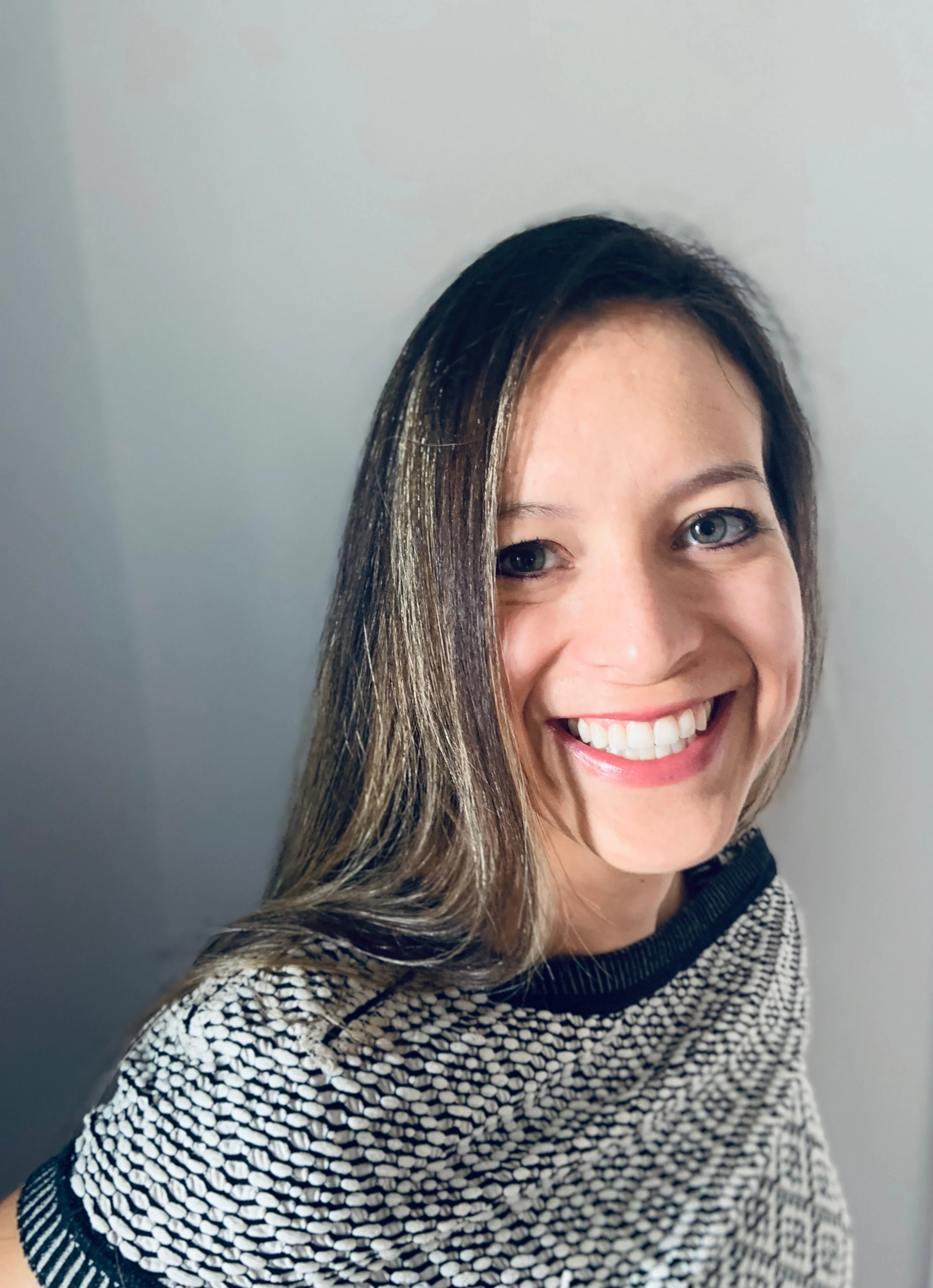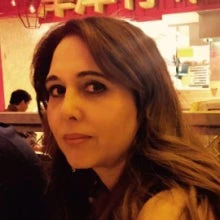Isolated, unable to go to public spaces, cut-off from schools, dissuaded to look for a job, and experiencing higher levels of mental health issues, particularly depression. It would seem like a description of the collective experience in 2020. Yet it is the daily reality of many living with disabilities in Latin America and the Caribbean.
“The principal of my school said that I couldn’t study because I couldn’t go to the bathroom by myself.” This is the testimony of Florencia de los Santos, a 29-year-old Uruguayan who was born and raised in Montevideo, where she tries to work in whatever she can find that gives her a fair pay. Florencia did complete primary education in 2009 and went back to do secondary school in 2019 finishing and the first three grades in one year.
A recent World Bank video chronicles the environmental, social and legal barriers that Florencia and others like her face in their everyday life, from buses not stopping when they see them waiting in the street to medical care that does not align with their needs. “I am the patient,” Florencia says. “Not my partner, not my assistant, nor my grandmother. It’s me.”
Invisibility
Florencia’s experience is no exception. Her words reflect the experience of over 85 million people in Latin America and the Caribbean –15 % of the population– who have some form of disability. Persons with disabilities are poorer, less educated and are excluded from many socioeconomic opportunities . Yet statistical invisibility does not allow us to understand fully what lies behind their exclusion.
The COVID-19 pandemic has hit hard the lives of millions of persons with disabilities like Florencia. We know that persons with learning disabilities are more likely to die from COVID-19; that rehabilitation services - many times crucial for daily functioning - have been interrupted or restricted; that personal protective equipment (PPE) and preventive campaigns rarely considered accessibility in the onset of the pandemic; and that those that depend on external care services for basic needs have been more exposed to contracting the virus.
But the pandemic aftermath is also impacting other areas.
Take education, for example. School closures have restricted access to meal programs, assistive technologies, specialized staff, and extracurricular activities that are essential for the learning of children and youth with disabilities. Individualized education plans and mental health support have rarely remained a priority as countries grapple to keep education systems running.
And the added risks to getting COVID-19 have forced some young people like Florencia to drop-out from school hoping to return when it is safer to do so. Online instruction has also left many behind due to connectivity and accessibility barriers. In Mexico, about one in ten households with a person with disabilities has an internet connection, according to official data.
The digital divide limits students’ chances of continuing their education in ways that are suitable to their learning needs . “If a person with disability cannot study,” Florencia notes, “she will never have access to a decent job.”
Ongoing World Bank research in our region finds that one out of five children with disabilities are out of school. Illiteracy is almost four times higher among adults with disabilities compared to those without disabilities , limiting their path to decent employment.
Building a common future
As the impacts of COVID-19 on the labor market show, it is those in low-skilled jobs that are suffering the most and who will take longer to recover . As the region looks ahead, we must build back in ways that promote the inclusion of persons with disabilities.
As we celebrate the International Day of Persons with Disabilities, we reiterate our region’s efforts to ensure we reach the World Bank’s commitment to a disability inclusive agenda. We will continue paving the way for including persons with disabilities across all World Bank projects and strengthening the region’s knowledge on what works to ensure persons with disabilities can fully participate in society. We need an integrated approach that places persons with disabilities as protagonists and partners in building this common future.
“We want be treated as equals and we welcome inclusion and equality for all.” Echoing Florencia’s call, we believe the inclusion of persons with disabilities is an opportunity to build back better with equity and justice in mind. Promoting disability inclusion will make our schools, workplaces, and cities more resilient, accessible, and sustainable for all.




Join the Conversation